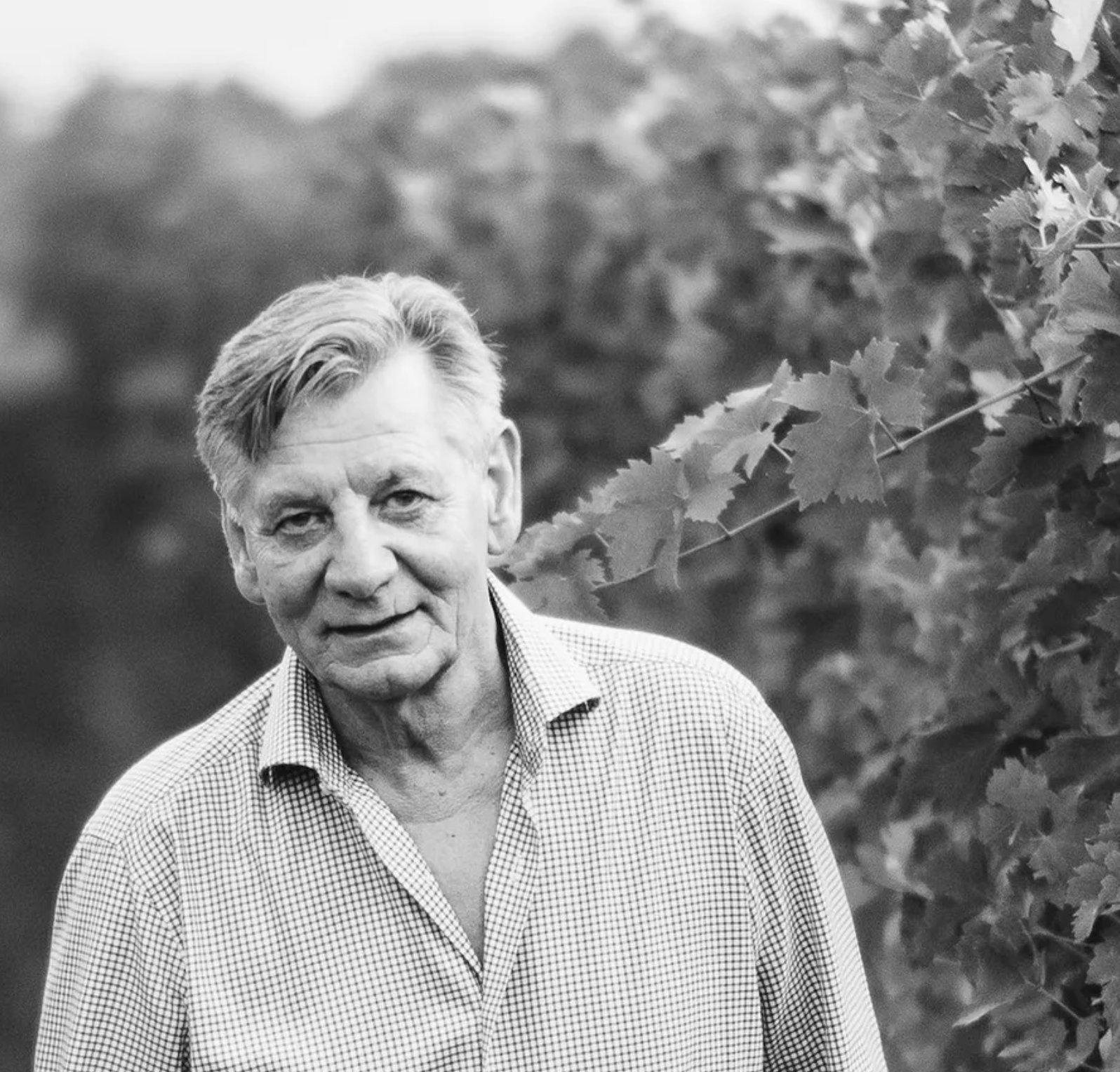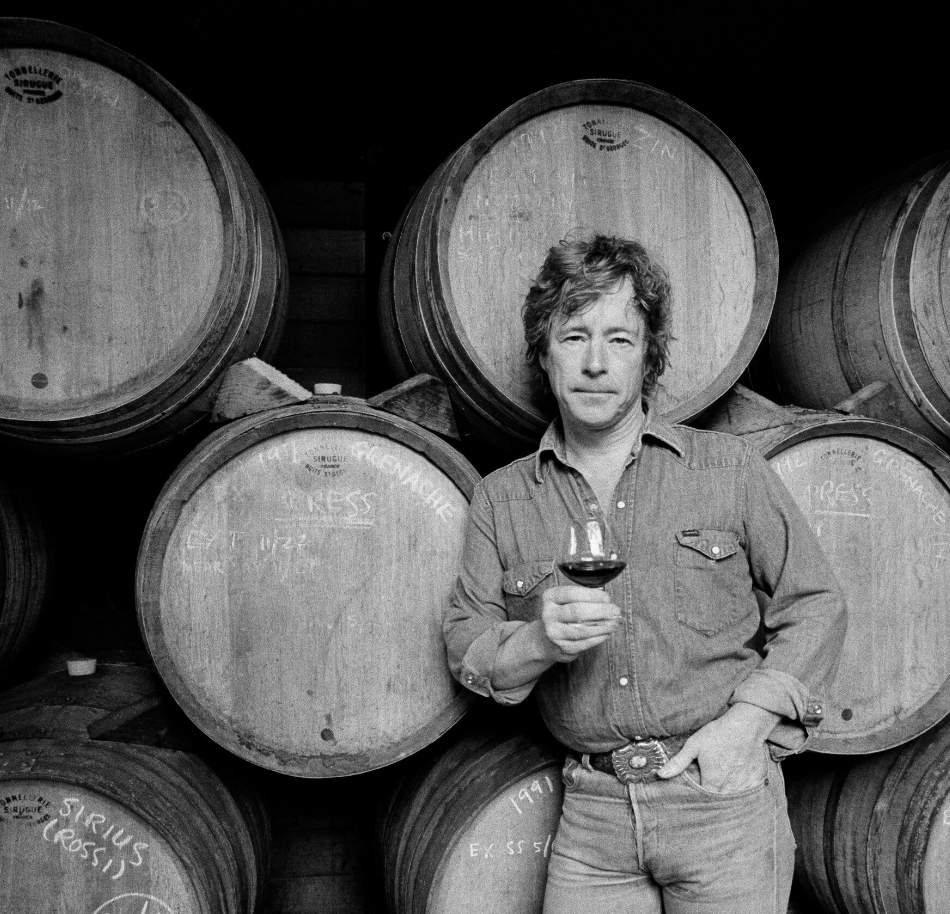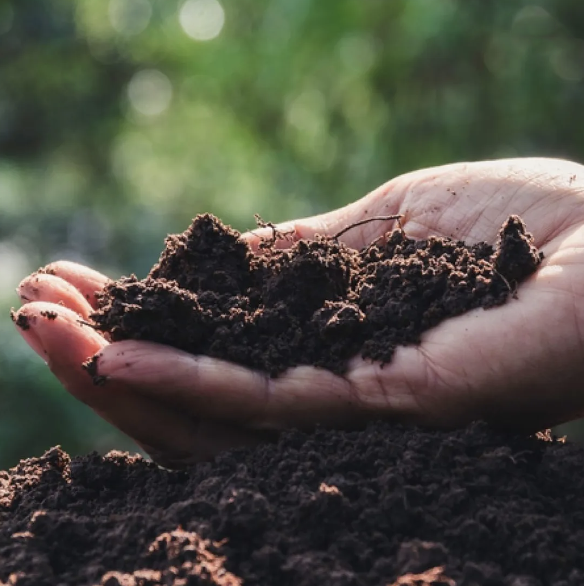▻ Omnibus XV
Episode Summary:-
We have news and views a-plenty in this month’s Omnibus. First off, John Stimpfig discusses the Comité Champagne (CIVC) U-turn on sustainability, a decision which he is seriously not impressed by. He describes the ups and downs of the region’s green credentials in the past, and reminds Sarah how the rubbish from Paris and Reims used to be put on the vineyards in the mistaken belief that the minerals in the trash would act as fertilisers when the minerals seeped into the soil. In 2000, however, Champagne was the first region to measure its carbon footprint, followed by further measures that included sending out a manual to 2,000 growers with a 125-point plan for sustainable viticultural certification. Then, in 2018, the CIVC adopted a zero-herbicide policy. All of that makes the latest decision more surprising. Earlier this year, rather than banning herbicides, Maxime Toubart, President of the Syndicat des Vignerons de Champagne, released a new vision for 2050, where the ban of herbicides would not be added to the rule-book and the use of them would be a “voluntary and pragmatic path.” “I really think they have shot themselves in the foot,” John says. Sarah and John discuss the U-turn and conclude that for the growers who decided to use herbicides, it is down to money, as the use of herbicides will help raise yields after a couple of short harvests.
On a more positive note, John welcomes the news that there is going to be a major new wine experience in Verona, the Museo del Vino (MuVin). It will be Italy’s biggest interactive wine museum, and the projected cost is 50 million Euros; it is due to open in 2026. Then, over in Portugal, there has been a flurry of vintage declarations from the major Port Houses. Despite it being the smallest vintage in the 21st century so far, the Symingtons are releasing 3000 cases of Graham’s and 2400 cases of Warre’s (both Houses are celebrating significant anniversaries). Taylor’s are releasing their single Quinta de Vargellas, which David Guimaraens, the head winemaker, compares to the 2009 and 1820, and both Quinta do Noval Nacional and Quinta do Noval are releasing small quantities as well.
Some big names have moved on in the last month. A surprise move was Sandrine Garbay, who has been the cellar master of Château d’Yquem since 1994, heading across the vines to Château Guiraud, following the retirement of Xavier Planty. Garbay takes on the role of CEO. And Richard Geoffroy, former Chef de Caves of Dom Pérignon, has joined Bellavista in Franciacorta as a consultant. Geoffroy left Dom Pérignon in 2019 to make saké in Japan after 28 years, and this return to wine will be watched with great interest.
John remembers some of the great wine names who departed in the last month, Franco Allegrini in Valpollicella, Jack Cakebread in California, and Josh Jensen, the Californian who pushed Pinot Noir to the fore there. He finishes his report with the news that Beykush Winery from Ukraine, with a vineyard on the edge of Russia’s newly occupied territory, has won a gold medal at the Decanter World Wine Awards. He recounts the difficulties the winery had in getting their wine to London: in the end, the 30 bottles were hand-carried to London by a friend.
““The taste of wine is only one part of the pleasure of drinking it.””
In the US, Elin McCoy reports on the trend of iconic and historic wineries being sold by the children of their founders. “The next generation are deciding whether they want to continue to live the wine life, that’s not easy.” For example, this month, Silverado Vineyards, which was owned by Ron Miller and Diane Disney Miller (daughter of Walt Disney) sold their estate to Foley Fine Wines. The big shock, however, was the sale of Joseph Phelps to LVMH, which brings their holding in the Napa Valley to four estates: Domaine Chandon, Newton Vineyards, a majority stake in Colgin Cellars, and now Joseph Phelps. Elin discusses the influence Phelps had on the US wine scene, championing Syrah and Rhone blends as well as pioneering Bordeaux blends at a time when many California Cabernets were 100% Cabernet Sauvignon. “A handful of very wealthy corporations are gobbling up iconic, historic family wineries which made Napa and Sonoma’s history… It feels like the end of an era, and from my perspective, not in a good way,” she says.
Elin also pays tribute to two great winemakers who recently passed away: the thoroughly iconoclastic Sean Thackrey, who once declared that “Terroir is viticultural racism, and winemaking is the higher art,” and adds her thoughts on to the passing of Josh Jensen, who she and Sarah believe was one of California’s greats.
After an 11-year battle, the West Sonoma Coast AVA has been officially recognised. A group of distinguished vintners fought to have this slim coastal area separated from the large Sonoma Coast appellation, which has little to do with the coast. The new AVA has cooler temperatures, fog (due to its proximity to the Pacific Ocean), and steep mountainous ridges with various altitudes, all of which leads to wines with more acidity, lower alcohol, restrained flavours and a much more European style. The West Sonoma Coast AVA contains some of Sonoma’s most revered wineries, including Littorai Wines, Senses Wines, Paul Hobbs, Flowers and Hirsch Vineyards.
Elin then reports on two conferences on sustainability which she attended recently. The first was a virtual conference, Green Wine Futures, where there were video presentations by different producers illustrating the various methods each certification required. The second conference was sponsored by LVMH, entitled “World Living Soils Forum.” Elin explains how her panel, “Adaptation of Climate Change,” consisted of diverse professions – a climatologist, a soil scientist, the head of Moët Hennessy’s Robert-Jean de Vogüe Research Centre, and an agri-transition manager from AXA, the French insurance giant. Elin reveals some of the ideas that came out of that conference, one being that you must look at research in a different way with climate change – single solutions are not possible, due to the interaction between the issues. Another key finding was the need for farmers to change their practices to combat climate change, with the agri-transitional manager for AXA warning that without changes now, wineries will not be insurable in 20 to 30 years’ time.
The news isn’t all serious, though: Elin finishes on a bubbly note: the news of the revival of Champagne Charlie, the deluxe cuvée from Charles Heidsieck. It was launched in the US on June 17th 2022 to celebrate the bicentenary of Charles-Camille Heidsieck, the bon vivant who opened up the American market for Champagne. He had a wild, adventurous life, which inspired movies and a book. He was charged with spying for the Confederates in America’s Civil War, was saved by Abraham Lincoln and Napoleon III. Then he lost his money, but his fellow debtors paid him back with deeds to Colorado land, which happened to be in the fast-growing metropolis of Denver. Certainly, a founder worth commemorating! As Elin says, the taste of wine is only part of the pleasure of drinking it, the backstory is part of why we cherish it. This cuvée is 80% reserve wines and has excellent sustainability credentials, as it arrived in New York harbour by sailboat, a move both Elin and Sarah applaud.
Running Order:-
-
0.00 – 11.38
“I really think they have shot themselves in the foot.” – John Stimpfig
– Champagne region’s historic record on the environment.
– The latest CIVC communication on herbicide.
– The new wine museum in Verona. -
11.39 – 23.40
“Josh Jensen was one of California’s greats” – John Stimpfig
– Declaration of Port vintages in 2020.
– Sandrine Garbay moves from Château d’Yquem to Château Guiraud.
– Richard Geoffroy consults for Bellavista.
– Remembering Franco Allegrini, Jack Cakebread and Josh Jensen.
– Ukraine winery wins gold at Decanter World Wine Awards. -
23.41 – 43.20
“The next generation are deciding whether they want to continue to live the wine life, that’s not so easy.” – Elin McCoy
– Why iconic Napa and Sonoma wineries are selling up.
– The sale of Silverado Vineyards and Joseph Phelps.
– Joseph Phelps legacy.
– Sean Thackrey remembered.
– Elin’s personal recollection of Josh Jensen. -
43.21 – 01.10
“The whole idea of research when it comes to climate change needs a rethink as everything is inter-related.” – Elin McCoy
– The Green Wine Future conference.
– The World Living Soils forum.
– Will wineries be insurable in the future?
– The launch of Champagne Charlie.
RELATED POSTS
Keep up with our adventures in wine










Discover the amazing people visited and great wines drunk when Jane Anson and Sarah Kemp visited Tuscany on the inaugural Tuscany Connoisseur Week.